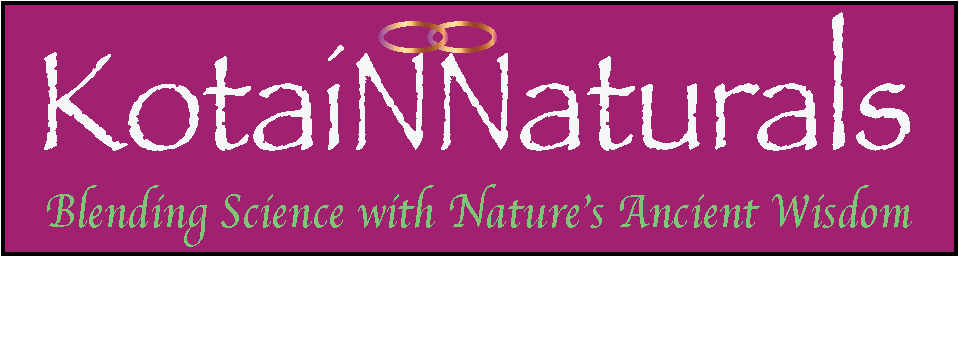Diatomaceous Earth
Food grade Diatomaceous Earth (DE) is an eco-friendly naturally occurring organic material from the purest fresh water source. DE is the fossilized remains of microscopic diatoms, a type of hard-shelled algae. The Diatoms living in the waterways absorb minerals and elements from water enabling them to build their tiny shells.
Food Grade diatomaceous earth is 84% silica and contains some 15 trace minerals, including phosphorous, selenium, calcium, sodium, potassium, magnesium, copper, zinc and iron.
The idea of utilizing natural earth-based materials for hair care dates back to ancient times in diverse cultures. While it may not have been specifically used in the past, the current usage of Diatomaceous Earth stays true to the ancient belief of harnessing the beneficial qualities of minerals and clays for wellness and beauty.
Potential Benefits of Diatomaceous Earth for Hair
Silica Content: DE is rich in silica, mineral essential for healthy hair, skin and nail. Silica strengthen hair, promote growth and improve hair texture.
Detoxification: DE is often used for detoxifying the scalp. It may help remove dead skin cells, excess oil, and product buildup, which can contribute to a healthier scalp environment and, in turn, promote better hair growth.
Volume and Texture: When applied topically, DE can add volume and texture to hair. It absorbs excess oils and can give hair a fuller, more voluminous appearance.
Vitamin C
Vitamin C, also referred to as ascorbic acid, is a potent antioxidant that plays a vital role in several bodily functions, including the maintenance of lustrous hair.
Potential Benefits of Vitamin C on Hair
Collagen Production: A crucial function of Vitamin C is its role in the production of collagen, a protein that provides crucial support to hair, skin, and nails. Collagen fortifies the hair shaft, preventing breakage and promoting fuller, tougher hair.
Antioxidant Protection: Vitamin C acts as an effective antioxidant, shielding hair from oxidative stress caused by harmful free radicals. These free radicals can harm hair follicles, resulting in hair loss and weakened strands. By neutralizing these harmful molecules, Vitamin C helps keep hair and scalp healthy.
Iron Absorption: Another important function of Vitamin C is its ability to enhance the absorption of iron, a vital mineral for hair growth. Iron deficiency is a common factor in hair loss, and by boosting iron absorption, Vitamin C can aid in the production of robust, resilient hair.
Catalase
Catalase is a crucial enzyme that serves as a significant protector against the harmful effects of oxidation. Its main role is to break down harmful hydrogen peroxide (H2O2) into water and oxygen, thus shielding cells from oxidative damage.
Role of Catalase in Hair Health
Prevention of Hair Graying: As we age, the production of catalase in the body tends to decrease. This leads to an accumulation of hydrogen peroxide in the hair follicles. High levels of hydrogen peroxide can bleach the hair from within, disrupting the production of melanin, the pigment responsible for hair color. This process contributes to the graying of hair. By breaking down hydrogen peroxide, catalase helps maintain normal melanin production
Protection from Oxidative Damage: Oxidative stress, caused by an imbalance between free radicals and antioxidants, can damage hair follicle cells, leading to weaker hair, hair loss, and other hair health issues. Catalase, as part of the body’s antioxidant defense system, helps neutralize free radicals by reducing hydrogen peroxide levels, thus protecting the hair follicles from oxidative damage.
